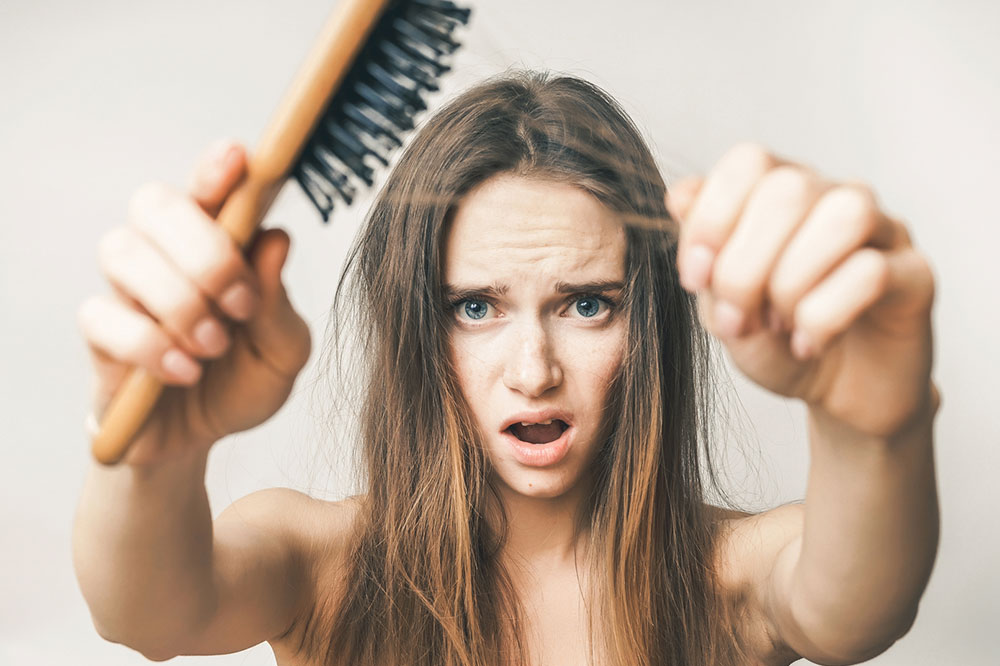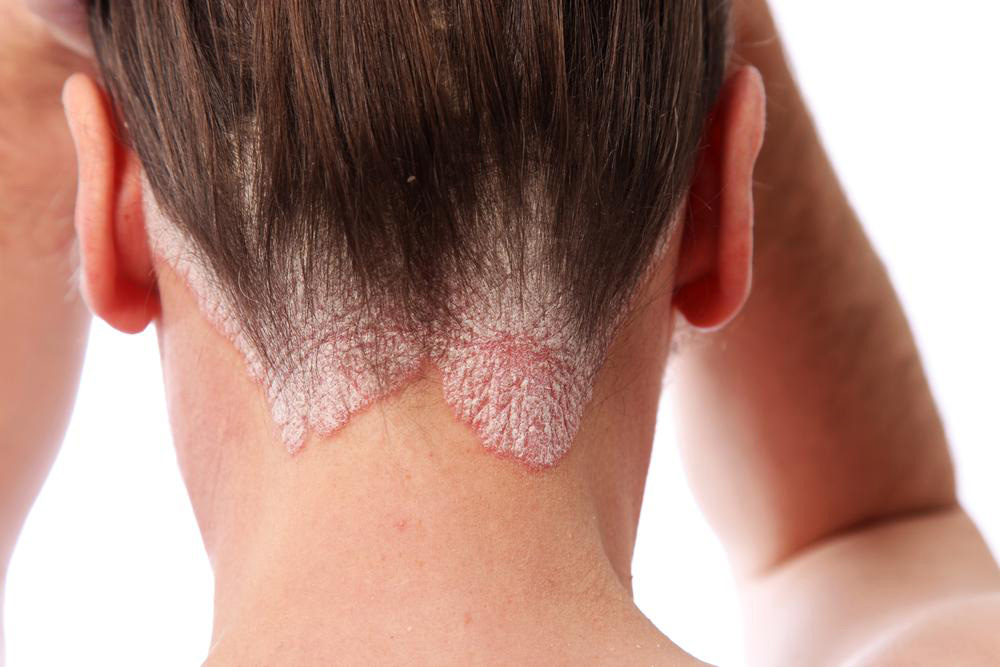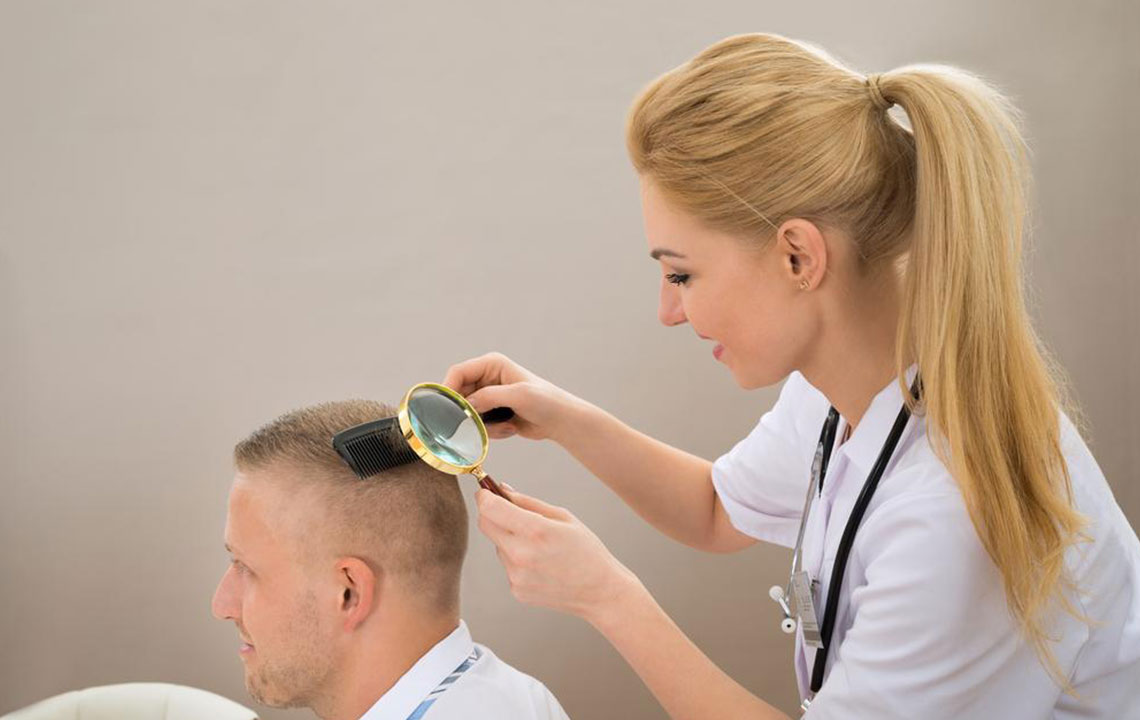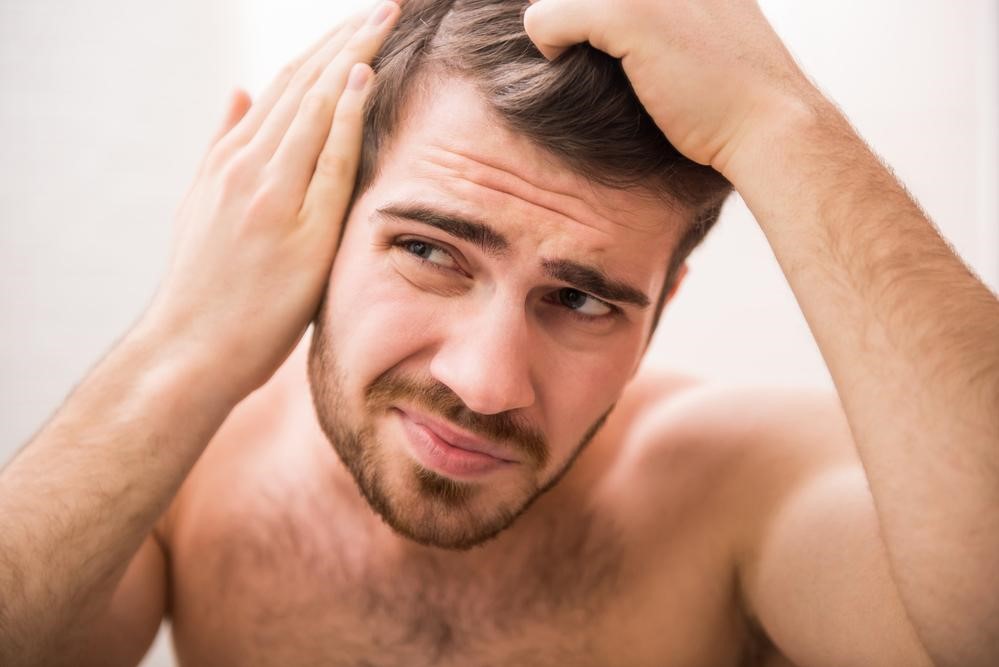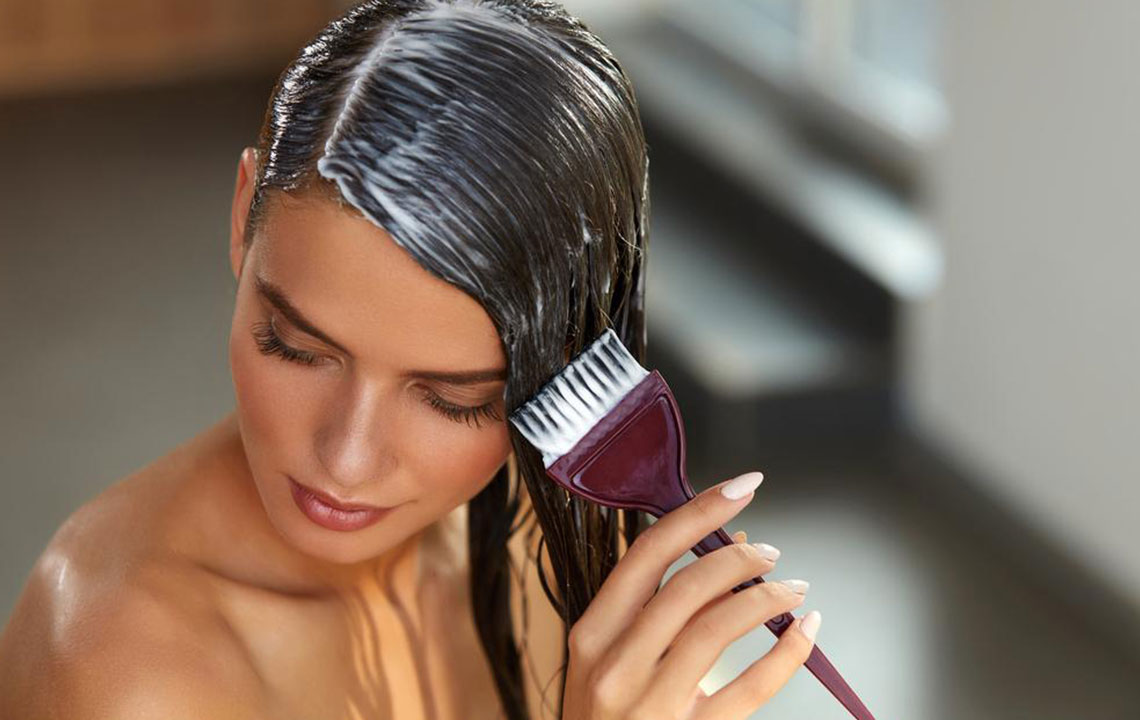Comprehensive Guide to Women's Hair Loss: Causes and Effective Solutions
Discover the comprehensive causes of women’s hair loss and effective remedies. From nutritional deficiencies to hormonal issues, this guide provides detailed insights and practical solutions for restoring healthy hair. Learn how to identify root causes and implement targeted treatments to prevent and reverse hair thinning, ensuring your confidence and hair health are safeguarded.
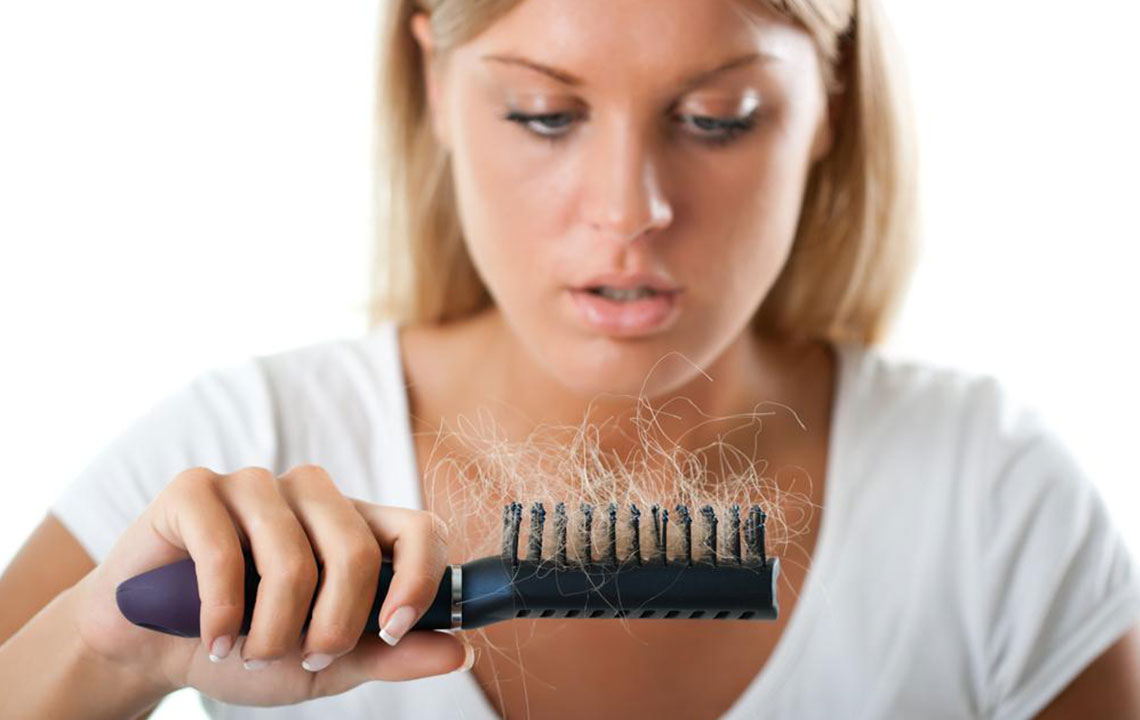
Comprehensive Guide to Women's Hair Loss: Causes and Effective Solutions
Hair thinning and loss can significantly impact a woman's confidence and overall well-being. While experiencing hair loss is common, especially with age or hormonal changes, it is often reversible once the root causes are identified and addressed. Understanding the various factors that contribute to hair thinning is essential for developing targeted treatment strategies. This extensive guide explores the top reasons behind hair loss in women, backed by scientific insights and practical remedies, helping you take proactive steps toward restoring healthy, lush hair.
Inadequate Protein Intake
Protein plays a crucial role in maintaining healthy hair follicles. Hair is primarily made of keratin, a structural protein. Without sufficient dietary protein, hair growth can slow down, and existing strands may become weak and prone to breakage. Nutritional deficiencies are among the leading causes of hair thinning worldwide, making diet an essential factor to consider. Women who do not consume enough protein often notice increased hair shedding and slower growth cycles.
Remedies for Protein Deficiency
To combat this, it is important to incorporate a variety of protein-rich foods into your daily diet. Include high-quality options such as lean meats (chicken, turkey), fresh seafood (salmon, tuna), plant-based sources like legumes (lentils, chickpeas), and seeds (chia, sesame, sunflower). Eggs and dairy products like yogurt and milk are also excellent protein sources. For vegetarians and vegans, tofu, tempeh, and soy products can provide the necessary amino acids needed for healthy hair growth. Regularly consuming these foods can help improve hair strength and reduce shedding caused by nutritional gaps.
Physical Trauma and Stress
Physical trauma encompassing recent surgeries, illnesses, or major injuries can lead to temporary hair loss, often referred to as telogen effluvium. During such periods, the body's resources are diverted to healing, and hair follicles enter a resting phase, resulting in noticeable shedding usually around three months post-trauma. Stress, both physical and emotional, can also trigger hair loss by disrupting normal hair growth cycles.
Remedies and Recommendations for Recovery
As the body heals from physical trauma or stress, hair usually begins to regrow naturally. Maintaining a healthy lifestyle with adequate rest, balanced nutrition, and managing stress levels is crucial. Techniques such as stress reduction exercises, yoga, and mindfulness can aid in recovery. If you experience persistent or severe hair loss after trauma, consulting a healthcare professional or a trichologist can help tailor treatments, possibly including topical therapies or supplements aimed at accelerating hair regrowth.
Genetic Factors and Hereditary Hair Thinning
Genetics play a pivotal role in hair loss among women. Androgenetic alopecia, known as female pattern hair loss, typically becomes more prominent with age. Hereditary factors influence hair follicle sensitivity to hormones like dihydrotestosterone (DHT), leading to gradual thinning and baldness patterns predominantly at the crown or frontal scalp.
Medical Diagnosis and Treatment Options
An accurate diagnosis by a qualified medical professional is essential in managing genetic hair loss. Treatments may include FDA-approved medications such as minoxidil, which helps stimulate hair growth and prevents further loss. Prescription drugs like spironolactone may be recommended for hormonal regulation. In some cases, dermatologists may suggest laser therapy or hair transplantation. Early intervention can significantly improve prognosis and slow down progression. Always seek professional advice before starting any medication or treatment plan.
Post-Pregnancy Hair Shedding
During pregnancy, elevated hormone levels can promote thick, shiny hair. Post-delivery, however, hormonal shifts often lead to increased hair shedding, a condition known as postpartum telogen effluvium. This temporary phase can be distressing, but it is typically self-limiting, with hair returning to normal within several months.
Supporting Postpartum Hair Recovery
To support hair regrowth after childbirth, women should focus on maintaining a balanced diet rich in vitamins and minerals, especially biotin, vitamin D, and iron. Gentle hair care routines, avoiding harsh chemical treatments and excessive heat styling, also help prevent additional stress to fragile hair strands. Regular physical activity and stress management are equally vital for overall health and hair recovery during this period.
Vitamin A Excess and Hair Shedding
Vitamin A is essential for scalp health, but excess amounts—particularly from supplements—can accelerate hair loss. Overconsumption disrupts the normal hair growth cycle, leading to increased shedding.
Guidelines for Vitamin A Intake
It is advisable to balance vitamin A intake by obtaining it primarily through dietary sources such as carrots, sweet potatoes, spinach, and liver. If you are taking supplements, consult with a healthcare professional to determine safe levels and avoid over-supplementation, reducing the risk of hair loss linked to excess vitamin A.
Harsh Hair Styling and Its Impact
Frequent use of heat styling tools (straighteners, curling irons), chemical treatments (bleaching, relaxers, perms), and tight hairstyles (braids, ponytails, buns) can cause physical damage to hair follicles over time. These practices weaken the hair shaft and may lead to permanent follicle damage if done excessively.
Protective Hair Care Tips
Limit the use of heat and chemical styling, opt for gentle hair care products, and avoid hairstyles that pull tightly on the scalp. Incorporate nourishing scalp massages with natural oils like coconut or castor oil to improve circulation and strengthen hair roots. Giving your hair a break from harsh treatments allows your scalp and hair follicles to recover, promoting healthier hair growth long-term.
Anemia and Iron Deficiency
Iron deficiency anemia is a common cause of hair loss in women, often accompanied by symptoms such as fatigue, pallor, and cold extremities. Adequate iron levels are necessary for oxygen transport and cellular growth, including hair follicle health.
Restoring Iron Levels
If diagnosed with anemia, your doctor may prescribe iron supplements and recommend dietary adjustments. Incorporate iron-rich foods such as red meats, leafy greens, beans, and fortified cereals. Combining these with vitamin C-rich foods like citrus fruits can enhance iron absorption, supporting overall hair health.
Medications and Their Effects
Certain medications including antidepressants, blood thinners, NSAIDs, and hormonal contraceptives can influence hair growth cycles, causing thinning or shedding. It is essential to discuss potential side effects with your healthcare provider before starting or discontinuing any medication.
Thyroid Function and Hair Health
Hypothyroidism, characterized by reduced thyroid hormone production, often results in diffuse hair thinning across the scalp. Restoring thyroid hormone balance through prescribed medications like levothyroxine can help reverse hair loss associated with thyroid disorders.
In conclusion, women experiencing hair loss should first identify the underlying cause through professional consultation. Addressing nutritional deficiencies, hormonal imbalances, or lifestyle factors with targeted remedies can significantly improve hair health. Early diagnosis and treatment are key to preventing permanent damage and achieving desirable hair regrowth.
